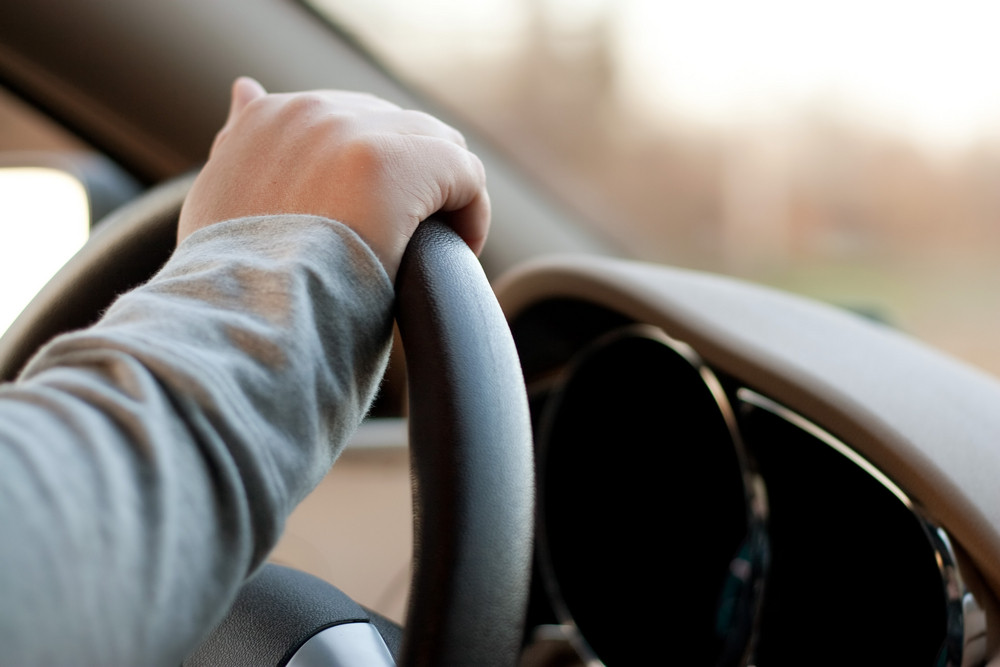Embarking on a journey in a campervan or motorhome, relishing the freedom to embrace each day anew, and delving into uncharted territories can be truly enchanting. Yet, without proper planning, this seemingly effortless adventure might lose its charm. To ensure a gratifying and seamless road trip, meticulous homework and preparation are indispensable. Adequate preparation is the cornerstone of a smooth journey and optimal utilization of your time on the road.
Mapping out your road trip in advance offers a multitude of advantages that elevate your travel escapade. Here are some of the key benefits of planning your road trip:
Cost Efficiency: By researching and booking campsites and activities ahead of time, you can capitalize on discounted rates. Last-minute arrangements tend to be pricier and limit your choices. Booking in advance not only saves money but also secures your space.
Optimized Exploration: Planning your route beforehand allows you to maximize your time exploring desired destinations. It enables strategic scheduling for rest stops, ensuring efficient time management.
Stress Alleviation: A well-laid plan alleviates stress and anxiety, granting you the freedom to relish your road trip to the fullest. Knowing your destinations, accommodations, and activities in advance brings peace of mind.
To make the most of your adventure, striking a balance between planning and adaptability is key. Here are the top 10 tips for planning your road trip:
1. Decide on your route: Research and ensure the safety and accessibility of chosen roads and destinations.
2. Budget: Plan for expenses, including fuel, food, sites, and unforeseen costs.
3. Pack essentials: List crucial items, including licenses, first aid kits, appropriate clothing, toiletries, and electronics.
4. Prepare your vehicle: Service your van thoroughly, checking brakes, oil, tires, and other vital components.
5. Plan stops: Schedule meals, fuel, and break stops; book campsites in advance to avoid last-minute stress.
6. Entertainment: Arrange audiobooks, podcasts, or playlists for enjoyable drives.
7. Safety first: Follow traffic rules, wear seat belts, avoid distractions while driving, and stay vigilant.
8. Embrace flexibility: Be open to changes in plans and adjust itineraries accordingly.
9. Responsible travel: Adhere to ethical and eco-friendly practices, supporting local businesses and attractions.
10. Utilize road trip planner websites for added guidance and assistance.
UncoverBritain.com advocates crafting your unique adventure by offering UK road trip inspiration. They empower travelers to customize their experiences, set their pace, and curate an exceptional journey. Drawing on their expertise, UncoverBritain.com shares insider tips for an unforgettable and stress-free adventure and supports you in creating your own personalized road trip experience.






